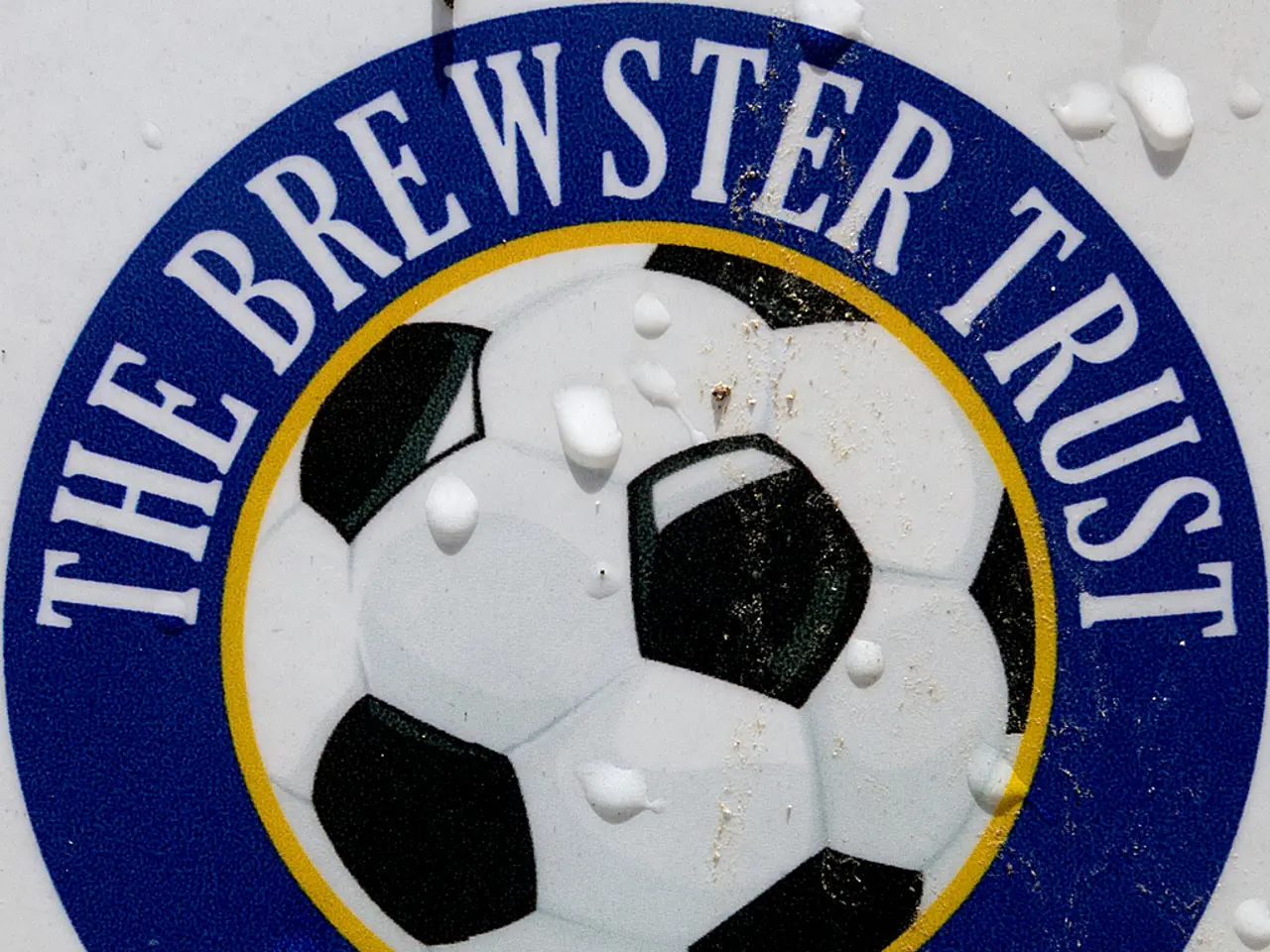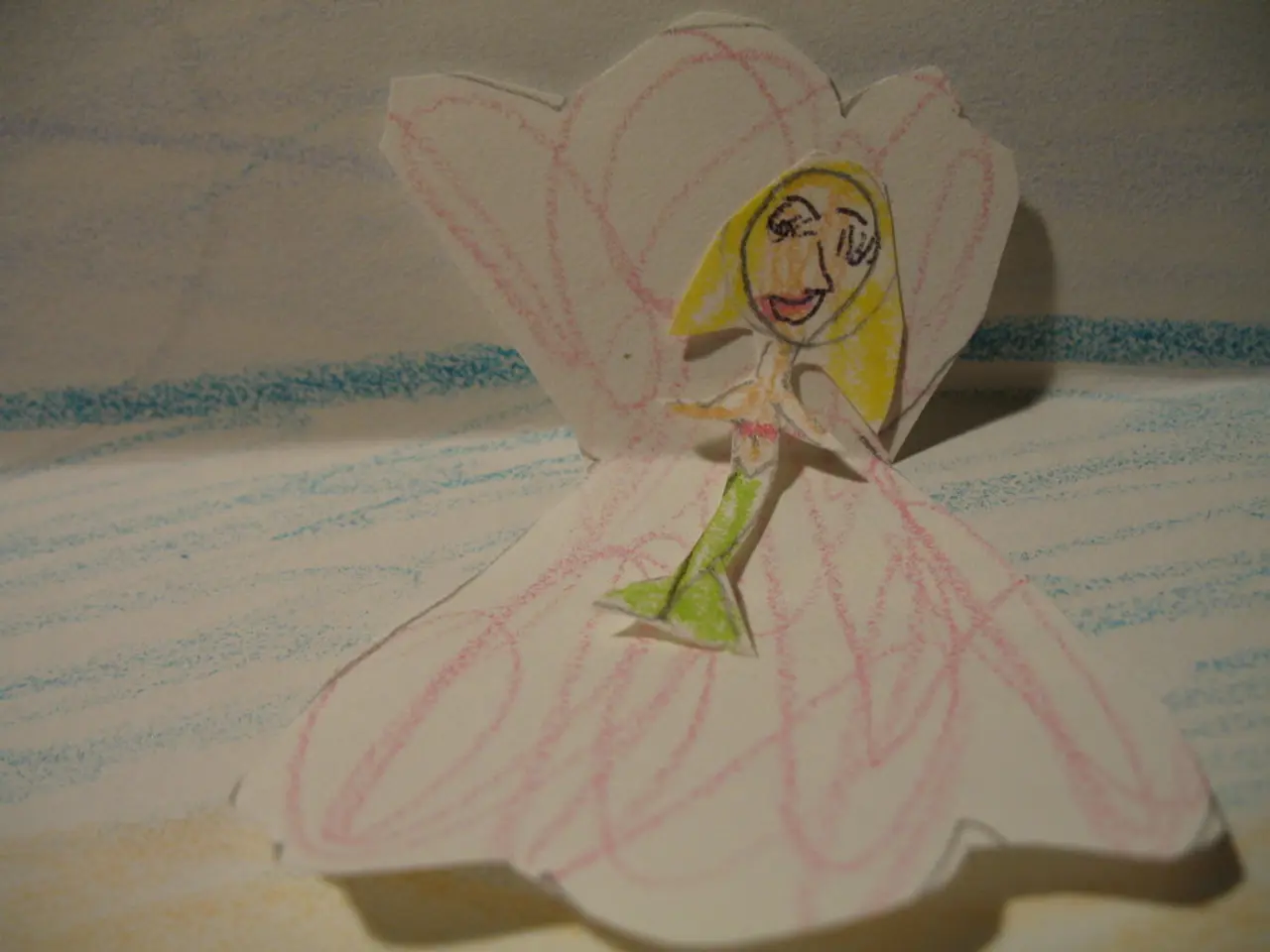Urge to curtail AI-focused grant submissions comes from Health Institute
In a move aimed at maintaining the integrity and fairness of its grant application process, the US National Institutes of Health (NIH) has announced that it will not consider grant applications that are substantially developed by AI systems. This new policy, effective from September 25, 2025, comes in response to concerns that heavy AI use could undermine the originality of grant proposals and lead to an overwhelming volume of repetitive applications.
NIH has also introduced a cap limiting principal investigators to submitting no more than six applications per year to prevent the system from being flooded with multiple AI-powered submissions. While acknowledging that AI can be useful for administrative tasks and early-stage content development under human supervision, NIH insists that the core scientific ideas and narratives must originate from the applicant themselves.
Meanwhile, Anthropic, a company known for its Claude AI model family, has changed its stance on the use of AI in job applications. Initially disallowing the use of generative AI by job applicants, Anthropic now advises candidates to use Claude to showcase their unique perspective, skills, and experiences in a more nuanced approach. However, Anthropic's job board still emphasises that it does not want to mediate candidates' personal interest in Anthropic through an AI system.
The concerns around AI use in various sectors, including open source projects, academic publishers, journalism, web search, and social media, have been growing. NIH's warning about the potential for plagiarism, invented citations, and other scientific misconduct in AI-generated research applications underscores these concerns. Despite the potential benefits of AI tools in research applications, their use can result in low-quality output, further complicating the issue.
In a separate development, NIH staff members recently signed a petition urging NIH and HHS leadership to restore terminated research grants and rehire fired staff due to Trump administration cuts. This petition highlights the importance of human involvement in research and the potential consequences of over-reliance on AI systems.
As the use of AI systems continues to grow, it is clear that striking a balance between their benefits and potential risks will be crucial. The NIH's decision to disallow substantially AI-developed grant applications is a step towards ensuring the integrity and fairness of the competitive grant review process and upholding the originality of scientific work.
- The NIH's latest policy, enacted in 2025, prohibits AI from considerably contributing to grant application development, aiming to uphold the authenticity of proposals.
- To avoid an AI avalanche of repetitive applications, NIH restricts principal investigators to submitting a maximum of six applications yearly.
- While admitting AI's utility for administrative tasks and preliminary content creation under human guidance, NIH insists on the applicant being the originator of the primary scientific concepts and narratives.
- Anthropic, renowned for its Claude AI model family, has revised its stance, now encouraging job applicants to use Claude to express their individual perspectives, skills, and experiences.
- Despite allowing AI usage for demonstrating unique qualities, Anthropic's job board still emphasizes human expression in a candidate's interest towards the company.
- Ongoing debates surround the application of AI in various domains, including open source projects, academic publishing, journalism, web search, and social media.
- NIH's caution regarding AI-generated research applications and the risk of plagiarism, invented citations, and scientific misconduct accentuates these concerns.
- The potential benefits of AI tools in research applications should not overshadow their risk of producing low-quality work, complicating the issue further.
- In a related matter, NIH staff initiated a petition calling on NIH and HHS leadership to reinstate terminated research grants and rehire dismissed employees, brought on by Trump administration budget cuts.
- As AI systems proliferate, it is essential to recognize the balance between their advantages and potential threats, as demonstrated by the NIH's policy on grant applications.
- Beyond the realm of science, the balance between AI and human involvement is crucial in other sectors such as education, career development, wealth management, personal finance, technology, health and wellness, mental health, medicine, workplace-wellness, sports, sports-betting, finance, and investing.




